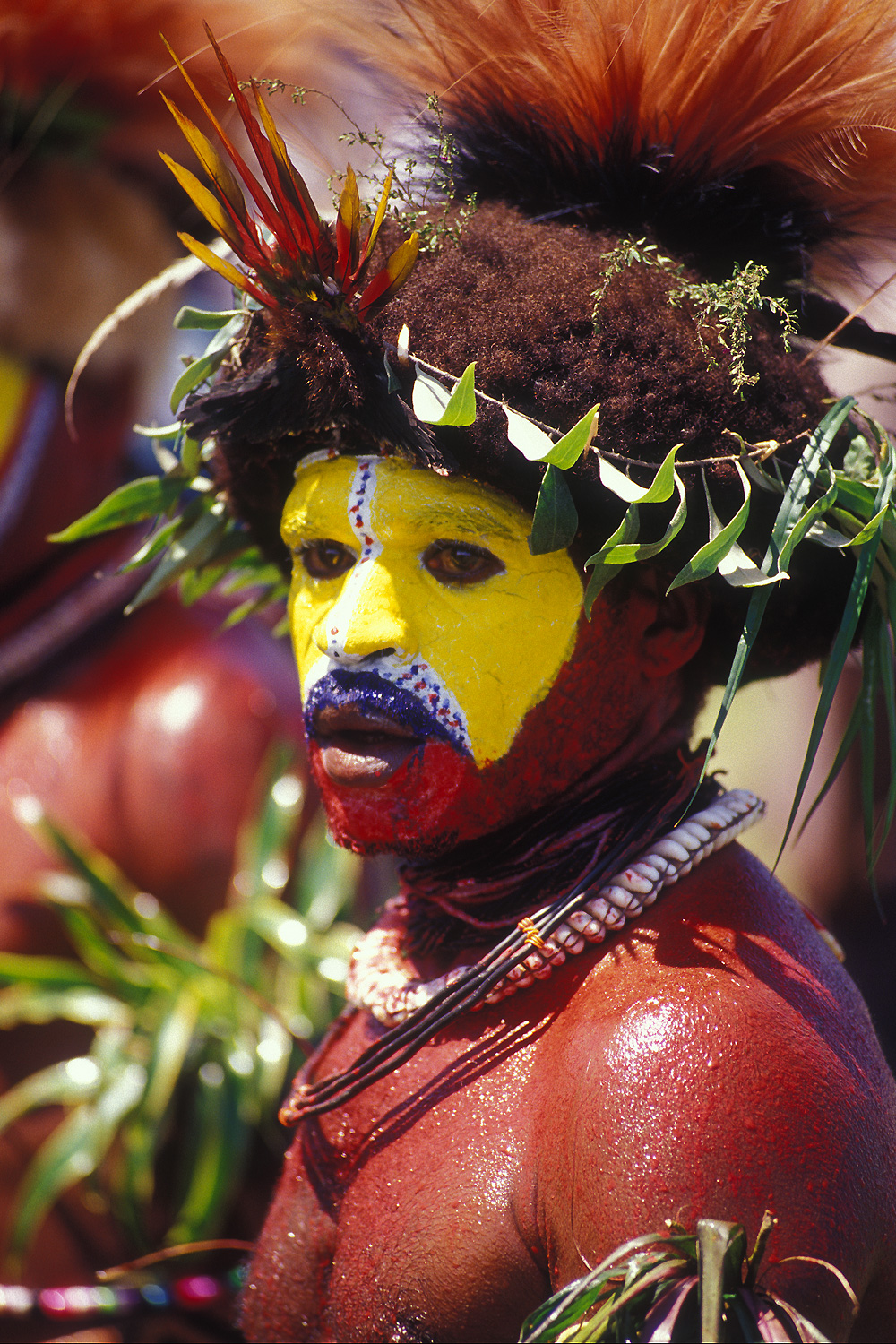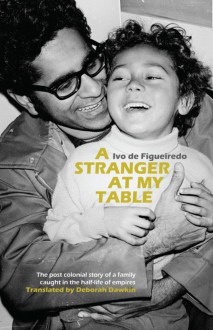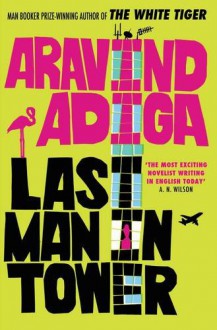
This was the last book on the English I curriculum and while I am undecided as to whether I actually read it (namely because when you get to that end of the year the last books on the reading list tend to be the ones that get dumped in favour of study for the pending exams) I did have a tutor that would throw students out of the class if they had not read the novel, and he seemed to have a sixth sense in knowing whether they had read it or not (and while this was in the days before Wikipedia, or Sparknotes, though there were still Cliff Notes available).
Anyway, after reading a synopsis of this book my memories do come back to me, and the boredom that I encountered upon reading the synopsis pretty much reflects the boredom that I faced when I was reading the book. Okay, maybe it is one of those classic pieces of literature, described as one of Hardy's most powerful novels, but, to be honest, it was not really something that interested me. Also, the Adelaide University English Department, when they deconstructed a text, at that time had a habit of putting me off the book, despite the fact that years later I have come to appreciate, and even accept, the nature of deconstruction.
Now, since we had read a number of books about natives during the semester, such as Beat not the Bones, Things fall apart, and The Heart of Darkness, I was expecting that a book that carried the title of 'Return of the Native' was going to be a rollicking adventure story about a native man, such as this guy:

having been captured by some evil slavers and taken abroad, manages to escape from his captivity, and after numerous harrowing adventures, returns to his home village, much like this one:

However, not surprising (considering we were not studying such books in the course) it had nothing to do with indigenous populations, but rather about a Welshman who lived in Paris, looking much like this 19th Century English Gentleman:

returning to his home in Wales, which probably looks like this place:

though I am only speculating here because I can't remember that much about the novel, except that my expectations of a rip-roaring adventure novel were foully dashed.
However, I did mention above something about a member of an indigenous tribe returning to his home village, and I suspect that this is why this novel ended up falling onto the English I reading list: namely because it is about an indigenous man, in this case a Welshman, returning to his home village, which happens to be in Wales. Maybe this is an example of post-colonial literature in that what Hardy is doing is demonstrating to us that natives are not necessarily coloured people living in societies that are not as technologically advanced as ours, but can also apply to the average Englishman since they are technically indigenous to England (though when you go back about a thousand years you do discover that England itself had been colonised – in fact it was colonised a number times by a wide ranging group of people including the Danes, the Vikings, the Saxons, and of course the Normans).
The other idea is a concept known as 'Nativism', which is something that came out of our American History lectures. That concept applied to the white population of the United States and started to develop in the mid-nineteenth century. While the traditional native Americans were being attacked, assaulted, pushed off their land, and carolled into reservations, the settlers, many who had been born in American and had come from families whose fathers went back to the early colonists, began to see themselves as being distinctly American. Since their roots had come out of the American continent, and the American culture, they were themselves becoming natives of America. As such not only were the original inhabitants being physically invaded, their culture and identity were being absorbed by the 'new natives'.
While we were not studying anthropology in English (simply because that is a completely different subject in and of itself) what we were doing was studying the literary responses to a number of these changes. In this novel we have the white man assuming the mantle of the native, and Wales assuming the mantle of the native soil. Thus it is not an adventure story about a black slave who had escaped and finally made it home, because in many cases his village, and in fact his culture, were unlikely to exist any more (as was demonstrated in the film Amistad), but rather it is about the new native returning to his home town, a town that still exists within a culture that still thrives.


 Log in with Facebook
Log in with Facebook 













